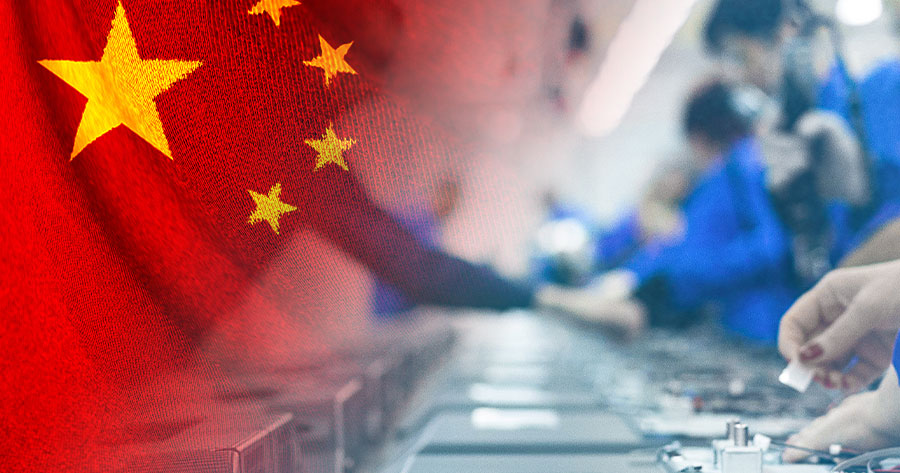According to a source with knowledge of the situation as reported by Reuters, Taiwan Semiconductor Manufacturing Co (TSMC), under the instruction of the United States government, is to suspend shipments of advanced chips to Chinese clients from the beginning of this week.
The Department of Commerce directed TSMC to limit exports of particular sophisticated 7-nanometer or more advanced chips, used to power AI accelerators and graphics processing units (GPU), heading towards China, according to the insider.
This recent directive follows TSMC’s report to the Commerce Department that one of its chips was found in a Huawei AI processor. This disclosure, made public by Reuters previously, occurred after Tech Insights dismantled the product, uncovering the TSMC chip and indicating a breach of export regulations.
Huawei, the focal point of U.S. scrutiny, is subject to trade restrictions mandating suppliers to secure licenses for all shipments to the company, particularly those aiding its artificial intelligence endeavors. Any license facilitating Huawei’s AI advancements is highly likely to be rejected.
As per sources cited by Reuters last month, TSMC halted deliveries to Sophgo, a China-based chip designer, when it was discovered that their chip bore resemblance to the one used in Huawei’s AI processor.
Following these developments, the recent crackdown will impact a multitude of additional companies and enables the U.S. to investigate if other companies are diverting chips to Huawei for use in its AI processor.
Both Republican and Democratic officials have expressed worries about the insufficiency of export restrictions on China and the Commerce Department’s enforcement measures.
In 2022, the Commerce Department issued cautionary notices to Nvidia and AMD, limiting their capacity to export leading-edge AI chips to China, as well as to manufacturers of chip equipment such as Lam Research, Applied Materials, and KLA, curtailing the supply of tools for advanced chip production to China.
These warnings were subsequently converted into regulations that have broader ramifications for companies.
Meanwhile, the U.S. has faced delays in updating tech export rules to China. In July, Reuters reported that the Biden administration drafted new regulations for overseas chip equipment exports and set to add around 120 Chinese firms to the Commerce Department’s restricted list. Despite plans for an August release, the regulations are still pending.





